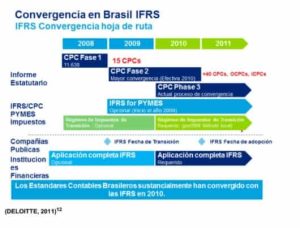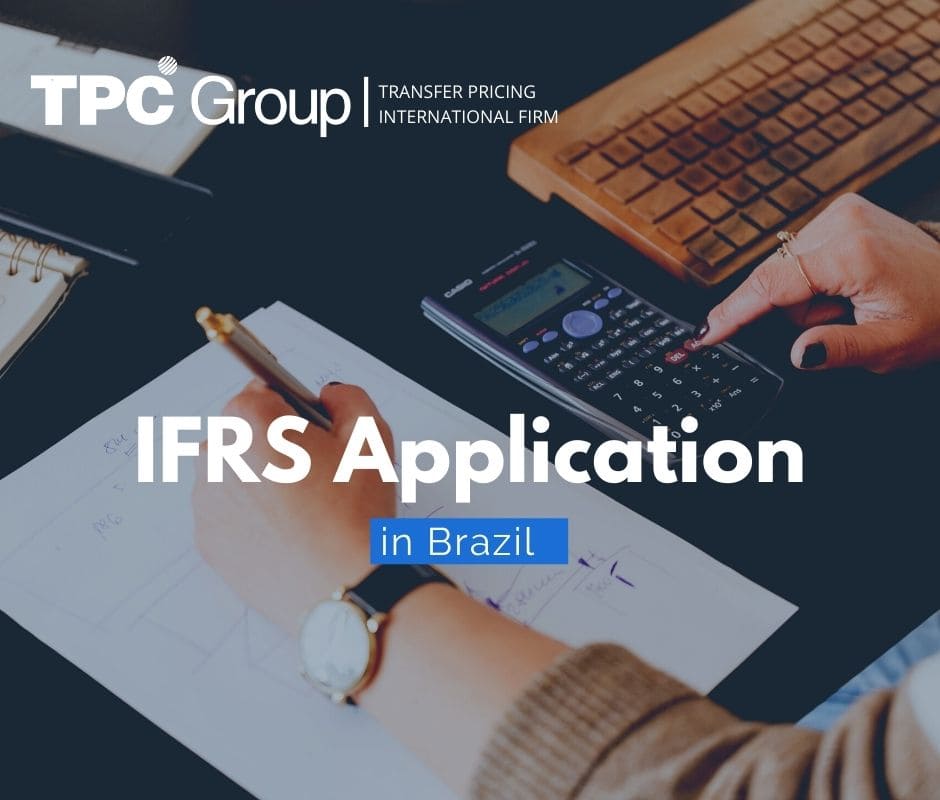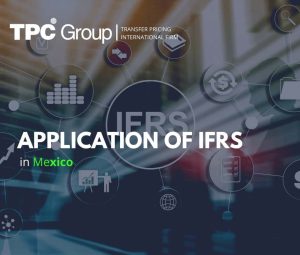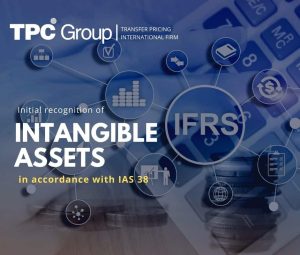The adoption of the International Financial Reporting Standards (IFRS) began in Brazil in 2005 through the first pronouncements of the CFC (Conselho Federal de Contabilidade or Federal Accounting Council), the body in charge of regulating accounting in Brazil for entities not traded in public markets; the CVM (Comissão de Valores Mobiliários or Brazilian Securities and Exchange Commission), which regulates companies listed on the Brazilian stock market; the CPC (Comité de Pronunciamientos Contábeis or Brazilian Accounting Pronouncements Committee), which is the entity that issues accounting standards, specialized in the accounting standards and guidelines study and development of interpretations for all productive sectors and Brazilian companies, and whose standards are regulated by the CFC and CVM.
Thus, the financial entities under the regulation of the Central Bank of Brazil (BACEN) were also regulated and required to file consolidated financial statements under the IFRS as of 2010, being managed according to the capital ranges and the requirement to have an audit committee for each financial entity. Entities with lower capital ranges are not required to have an audit committee, nor filing financial statements under IFRS if they are not leaders of conglomerates or enterprising Holdings, according to (CMN Resolution 3786, 2009), as well as all entities listed on the Public Market, insurance companies, large and foreign companies trading on the Brazilian Public Market must file their financial and accounting report according to IFRS statements.

Companies are specified into small and medium-sized companies without responsibility in public markets, have the choice to file their financial statements under BR GAAP (Brazilian Generally Accepted Accounting Principles) or under NIIF para MPEs (Micro and Small Enterprises) methodology, the Brazilian equivalent of IFRS for MSEs. A controlled entity or group of companies can be called Large when the total assets of the immediately preceding year amount to more than R$ 240,000,000 or whose total annual gross revenues exceed R$ 300,000,000. Entities not meeting the aforementioned maximum amounts are considered MSEs. All small and medium-sized entities must use IFRS for MSEs unless they voluntarily opt for Full IFRS. Nonetheless, MSEs with a Gross Revenue of less than R$3,600,000 are allowed to use a set of simplified accounting standards established under (Resolution 1418, 2012) issued by the CFC. The application of IFRS for MSEs was mandatorily implemented as of January 1, 2010.




